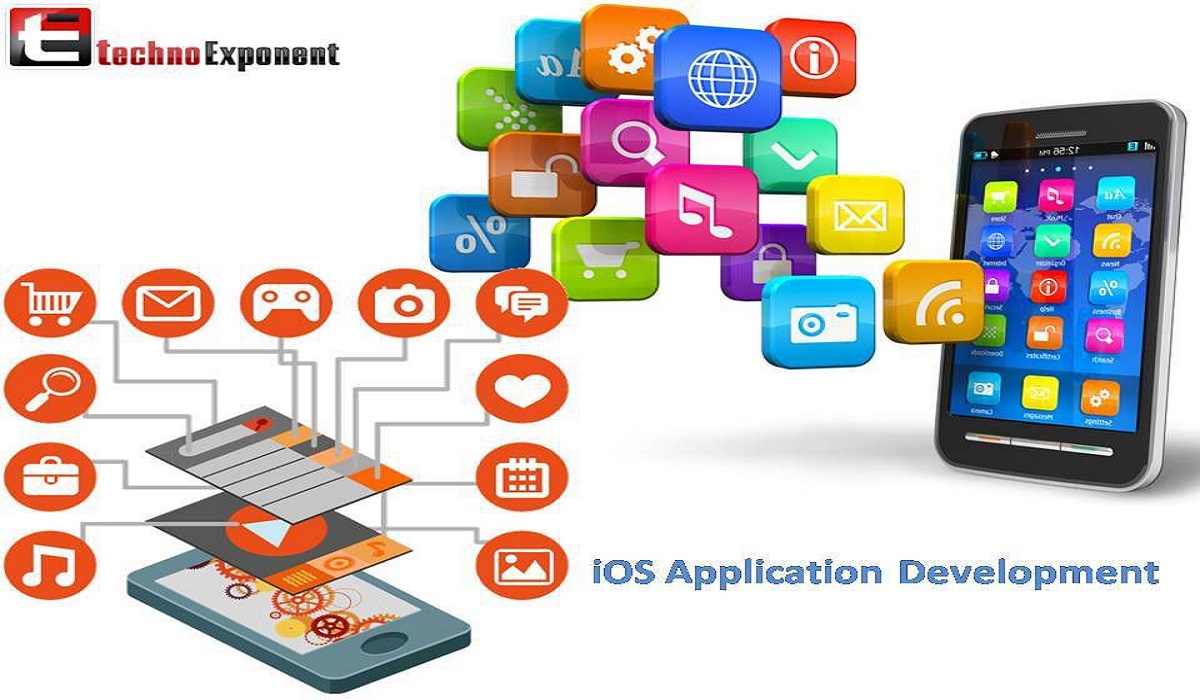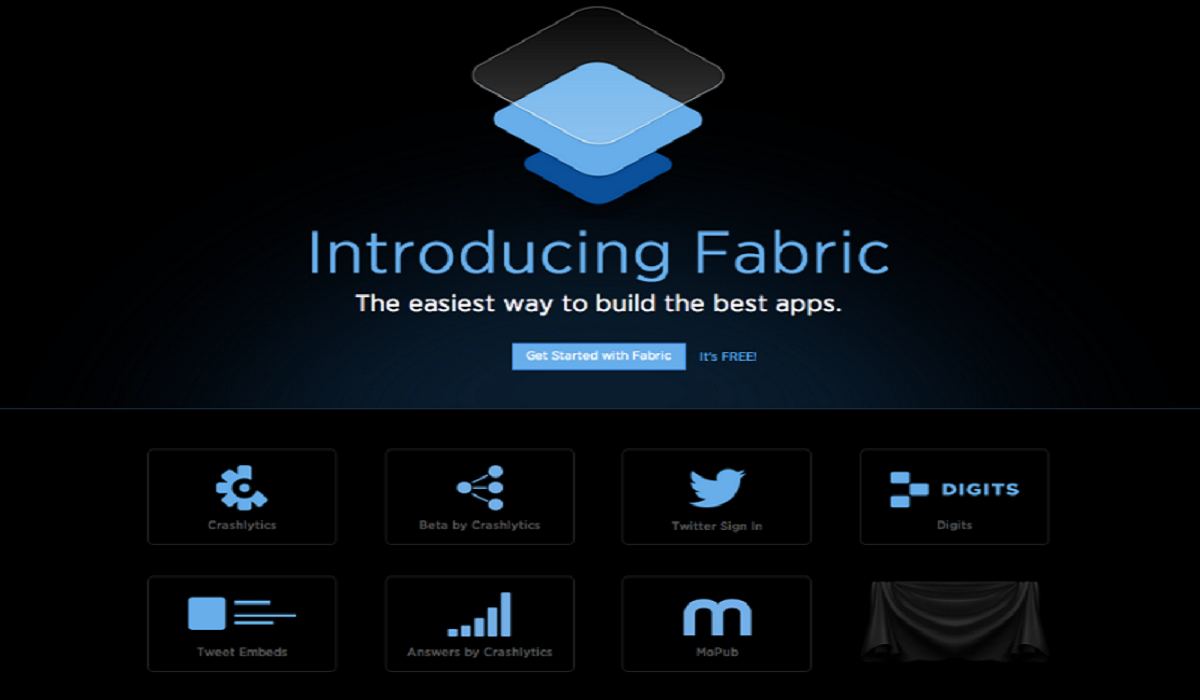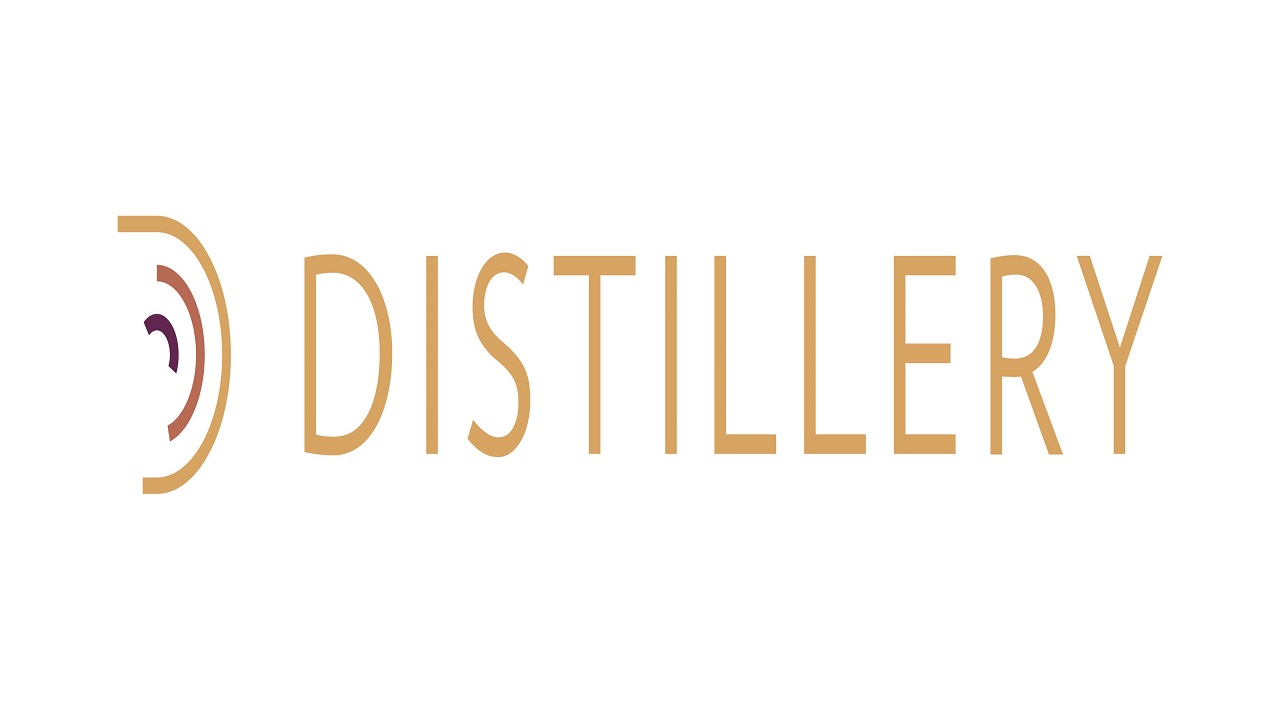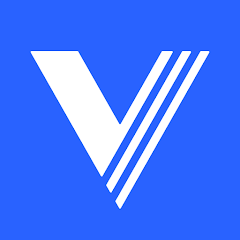Are you trying to improve continuous deployment and optimize your software delivery operations and need a reliable platform? The list below includes Armory alternatives that provide strong tools for scaling and automating deployments, guaranteeing dependable and effective application delivery.
What is Armory?
Armory is a 3D gaming engine with the entire integration of Blender, which turns it into a whole development tool for the game. From start to climax, the result of this platform is in a unified workflow, making the user work faster.
It helps the developer in the way that he doesn’t need to jump between multiple applications to export data constantly. Armory empowered with an open-source technology is even utilizing the Kha multimedia framework as well as the Haxe toolkit, so it can provide advanced portability and performance. The creator is continuously delivered with tools, which focus on enhancing his experience by removing various complexities and other cloud deployment targets.
There are up to 13 Armory Alternatives. It has features like Android emulator, App Development, Developer Tools, Development and Virtual machine. The best alternative to 13-armory-alternatives is Fabric, which is Paid. The other best apps like 13-armory-alternatives are VMOS, Fuseopen and Bitbucket.
Pricing
Armory Information
13 Best Armory Alternatives
Filter Alternatives
1Sencha
Sencha is a versatile software that allows developers to create and deploy web and mobile applications with ease. Although its installation process can be lengthy due to its complexity, Sencha provides a robust interface with tools that support project management and app development.
2Corona SDK
Solar2D, previously known as Corona SDK, is a software solution designed for developers building mobile applications of various types and sizes. With its extensive library, users can easily create apps, including tools for math operations and network sharing across devices.
Advertisement
3Adobe AIR
Adobe AIR is a powerful runtime environment that allows developers to package Rich Internet Applications (RIAs) for deployment across multiple platforms, including Windows, macOS, iOS, and Android. It operates independently of web browsers, providing enhanced access to local storage while avoiding some of the limitations imposed by browser-based environments.
4Xamarin
Xamarin is a platform that enables developers to build applications using C# for multiple mobile operating systems, including Android, iOS, and Windows. Xamarin allows users to share a significant portion of their code across different platforms, reducing the need to rewrite applications from scratch for each system.
Advertisement
5Exponent
Exponent is a development platform designed to boost React Native developers' capabilities by allowing them to create and test iOS applications without needing Xcode or a Mac. Through the use of Appetize.io simulators, developers can test their apps in a browser, making the development process more accessible and efficient.
6AppsGeyser
AppsGeyser is an app-building platform that requires no coding skills. It provides various tools and templates for developing, monetizing, and distributing applications. The platform offers straightforward tutorials, guiding users through the development and promotion of their apps in just a few steps.
Advertisement
7Fabric
Fabric is a modular development platform that simplifies the creation of advanced applications. The platform addresses challenges such as distribution, stability, revenue, and user identity. By integrating services like MoPub and Crashlytics, Fabric helps developers create secure and reliable apps more efficiently.
8Qt
Qt is a robust framework that provides developers with tools to create cross-platform applications and graphical user interfaces (GUIs). Its integrated development environment (IDE) supports on-device debugging, remote compilers, and device toolchains, offering a comprehensive suite for building and deploying applications.
9Fuseopen
Fuseopen is a cross-platform development tool similar to NativeScript and React Native. It differentiates itself with a real-time collaboration feature for designers and developers. Using UX Markup, a language based on XML, developers can create interactive UI components with customizable behaviors.
10Appy Pie
Appy Pie is an app-building platform that enables users to create Android and iOS applications without any coding knowledge. It also allows for the publication of apps on iTunes and Google Play. In its beta phase, Appy Pie facilitated the development of hundreds of mobile applications within a single month.
11Distillery
Distillery is a comprehensive outsourcing solution for mid-sized businesses and enterprises. Its expert team specializes in the design, development, and delivery of cutting-edge technology solutions. Distillery helps companies innovate by creating custom software that transforms business operations.
12Bitbucket
BitBucket is a cloud-based service that helps developers manage, store, and track changes to their code. It offers Git repository hosting with a user-friendly interface, making it accessible even for beginners who may not be familiar with Git's command-line tools.
13VMOS
VMOS is a virtual machine-based application that can run on any operating system, such as Linux or Android. It creates a virtual Android environment independent of the host system's network, enabling users to develop and test applications with full access to Google Play services.





















